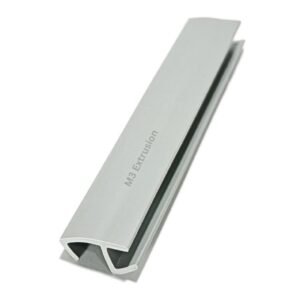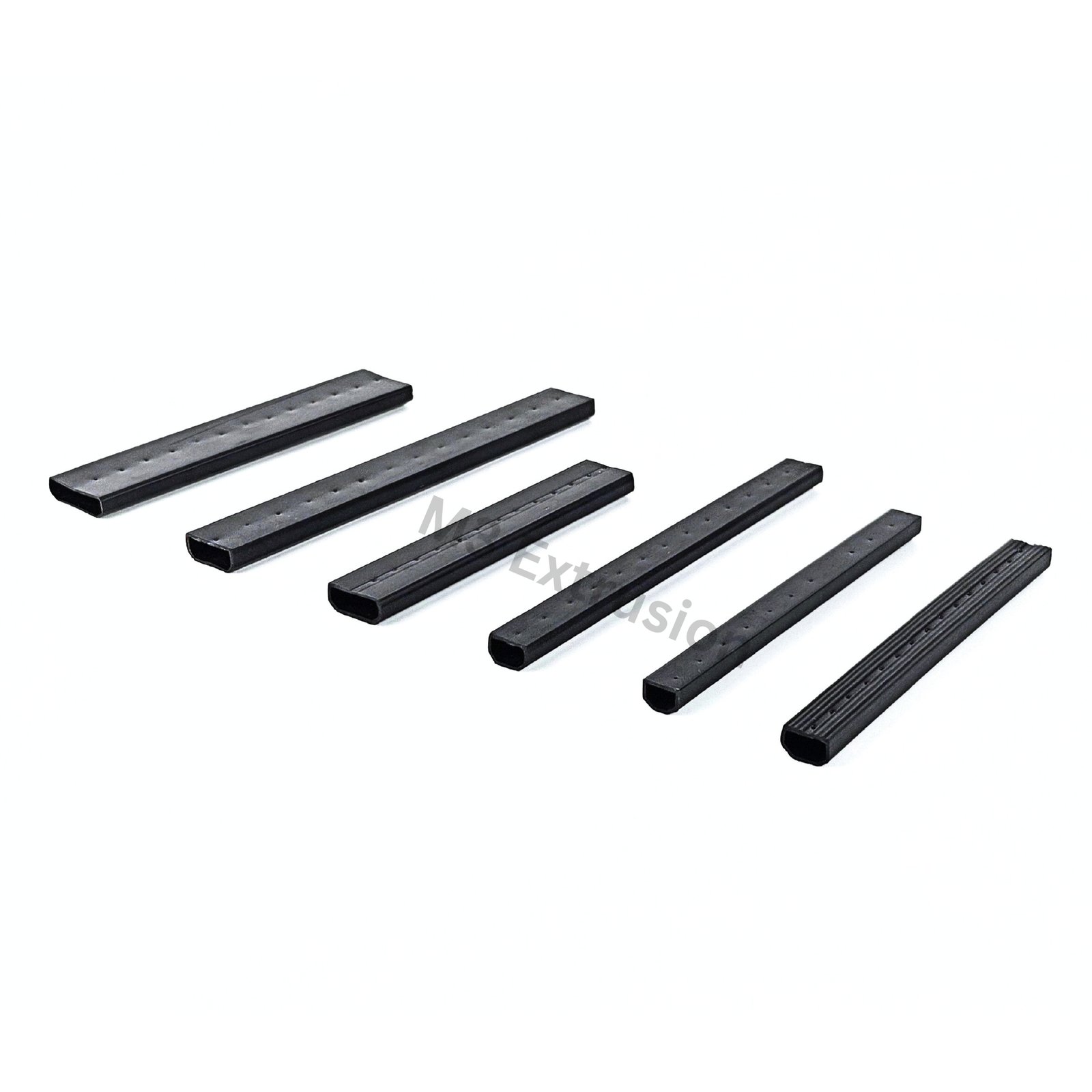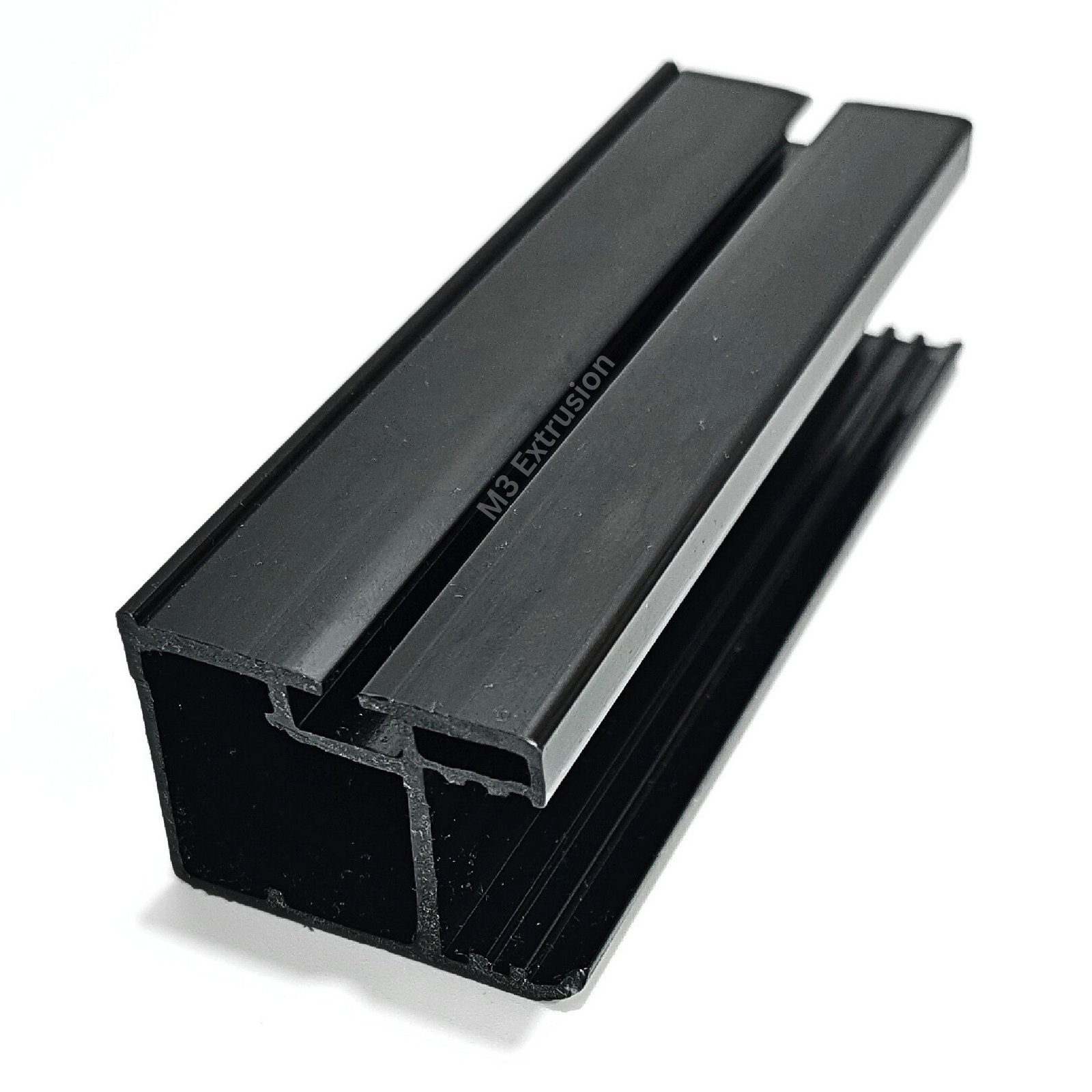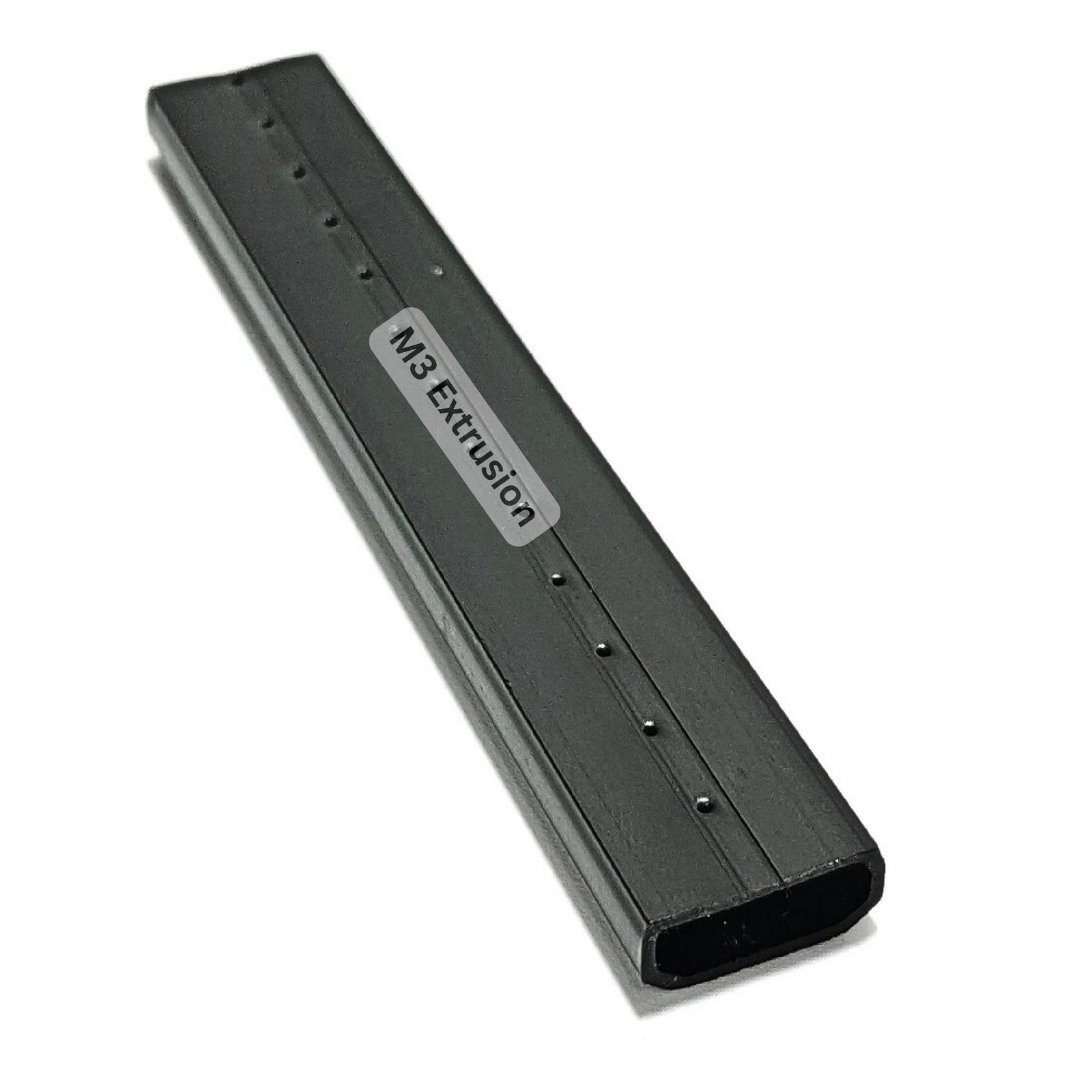Noise pollution is one of the most common issues affecting comfort in both residential and commercial buildings today. In growing cities and industrial hubs across India, external noise from traffic, construction, and crowded spaces often enters buildings through gaps in windows and doors. One of the most effective ways to deal with this challenge is by installing uPVC window seals in India, which offer a simple yet powerful solution for reducing sound transmission while also improving thermal insulation and energy efficiency.

These seals are widely used in commercial buildings, offices, hospitals, schools, and hospitality projects where peace and comfort are essential. By filling the tiny gaps around window frames, they help create a more controlled and quieter indoor environment.
Understanding the Problem: How Noise Travels Indoors
Many commercial buildings use high-quality glass for their windows, yet still struggle with outside noise. The reason is usually not the glass, but the gaps between the window and the frame. These small spaces allow sound waves to pass through, especially in busy or high-traffic areas.
This is a frequent problem in:
- Commercial offices located near main roads
- Healthcare facilities close to public zones
- Schools and educational buildings in noisy neighbourhoods
- Shops and showrooms in markets or near transport hubs
Soundproofing begins with sealing these gaps properly using reliable materials like uPVC and flexible PVC.
Why Choose uPVC Window Seals?
uPVC (unplasticised polyvinyl chloride) is known for its durability, resistance to moisture, and stability under varying weather conditions. When used as a window seal, it:
- Creates a tight fit between the window frame and sash
- Prevents noise, dust, wind, and moisture from entering
- Supports better energy retention and insulation
- Offers a long service life with minimal maintenance
These benefits make uPVC an ideal choice for buildings that require better indoor quality without major structural changes.
Real-World Benefits of Installing Quality Window Seals
Installing the right window seals not only cuts down noise but also provides a range of functional advantages, including:
- Reduced Energy Bills
A well-sealed window prevents warm or cool air from escaping, which means air conditioning or heating systems do not have to work as hard. This reduces power consumption and lowers monthly energy costs. - Improved Indoor Air Quality
Seals help block dust, pollen, and other airborne particles. In places like clinics, labs, or schools, this helps maintain a cleaner and healthier space. - Better Thermal Comfort
By stopping drafts and maintaining even temperatures, seals keep interiors more comfortable throughout the year. This is especially important in regions with harsh summers or winters. - Enhanced Building Lifespan
Good seals protect windows and walls from water infiltration, which can cause long-term damage or mould growth if left unchecked.
Why Flexibility Matters in Seal Materials
Rigid materials can wear out or become brittle over time. This is why flexible PVC window seals are essential for weatherproofing in commercial and industrial buildings. They offer:
- Long-lasting performance despite regular use
- Resistance to wear from sun, rain, and pollution
- A snug fit even when windows expand or contract with temperature changes
Flexible seals also ensure ease of installation and smooth opening or closing of the windows, which is key in high-traffic buildings like hotels or offices.
Practical Tips: What to Look for When Choosing Seals
Choosing the right sealing profile depends on a few key factors. Here are some helpful points to guide your decision:
- Check compatibility with your window frame material (aluminium, uPVC, wood)
- Choose flexible profiles that don’t interfere with window movement
- Use tested materials suitable for India’s climate
- Ask about installation support if retrofitting into older windows
For large projects, working with a reliable supplier ensures you receive consistent product quality and technical guidance if needed.
Installation and Maintenance
Installing uPVC or flexible PVC seals is a straightforward process. It usually involves:
- Measuring the gap between the frame and sash
- Selecting the correct profile shape and size
- Cleaning the contact surface
- Applying the seal with firm pressure or adhesive as needed
Once installed, the seals require very little maintenance. Occasionally wiping them clean with a damp cloth helps maintain flexibility and prevents dirt build-up.
Common Industries Using uPVC and Flexible PVC Seals
Many industries and building types benefit from installing quality seals. These include:
- Healthcare: For soundproofing patient rooms and keeping airborne particles out
- Education: To reduce distractions and keep classrooms quiet
- Retail: To improve comfort for both staff and customers
- Hospitality: To ensure quiet and peaceful stays in hotels or service apartments
- Offices: To increase productivity by reducing external distractions
Each of these sectors values the ability to control indoor noise, temperature, and air quality with minimal disruption or expense.
Trusted Sealing Solutions by M3 Extrusion
At M3 Extrusion, we design and supply high-quality uPVC and flexible sealing profiles that meet modern commercial and industrial demands. Our window seals are trusted by project teams across India for their ease of use, reliable performance, and ability to support better living and working conditions.
Whether you’re managing a renovation or a new development, our team can help you choose sealing solutions that are practical, cost-effective, and built for real-world use.
FAQs
Can uPVC seals really reduce street noise in offices or hospitals?
Yes, when correctly installed, they help block the most common sound paths and can reduce outside noise levels significantly.
Do these seals last long under Indian weather conditions?
Absolutely. uPVC and flexible PVC are both resistant to heat, rain, and air pollution, making them suitable for long-term use.
Is it worth replacing seals in older commercial buildings?
Yes. Retrofitting seals is a small investment that can greatly improve comfort, reduce energy waste, and even protect building interiors.
Do I need professional help to install them?
While smaller projects can be handled in-house, large commercial setups often benefit from professional fitting for best results.
Can I use these seals for sliding windows?
Yes. There are flexible profiles specifically designed to work with sliding windows and doors.
Final Thoughts
Managing noise pollution doesn’t have to involve costly changes or complex systems. Something as simple as choosing the right window seals can make a big difference in comfort, insulation, and energy use. With durable, flexible solutions available today, buildings across India are achieving better noise control without major renovations.
If you’re looking to improve your indoor environment, consider the long-term value of uPVC and flexible PVC window seals. They’re efficient, low-maintenance, and help support a quieter, more comfortable space for all who use it.




